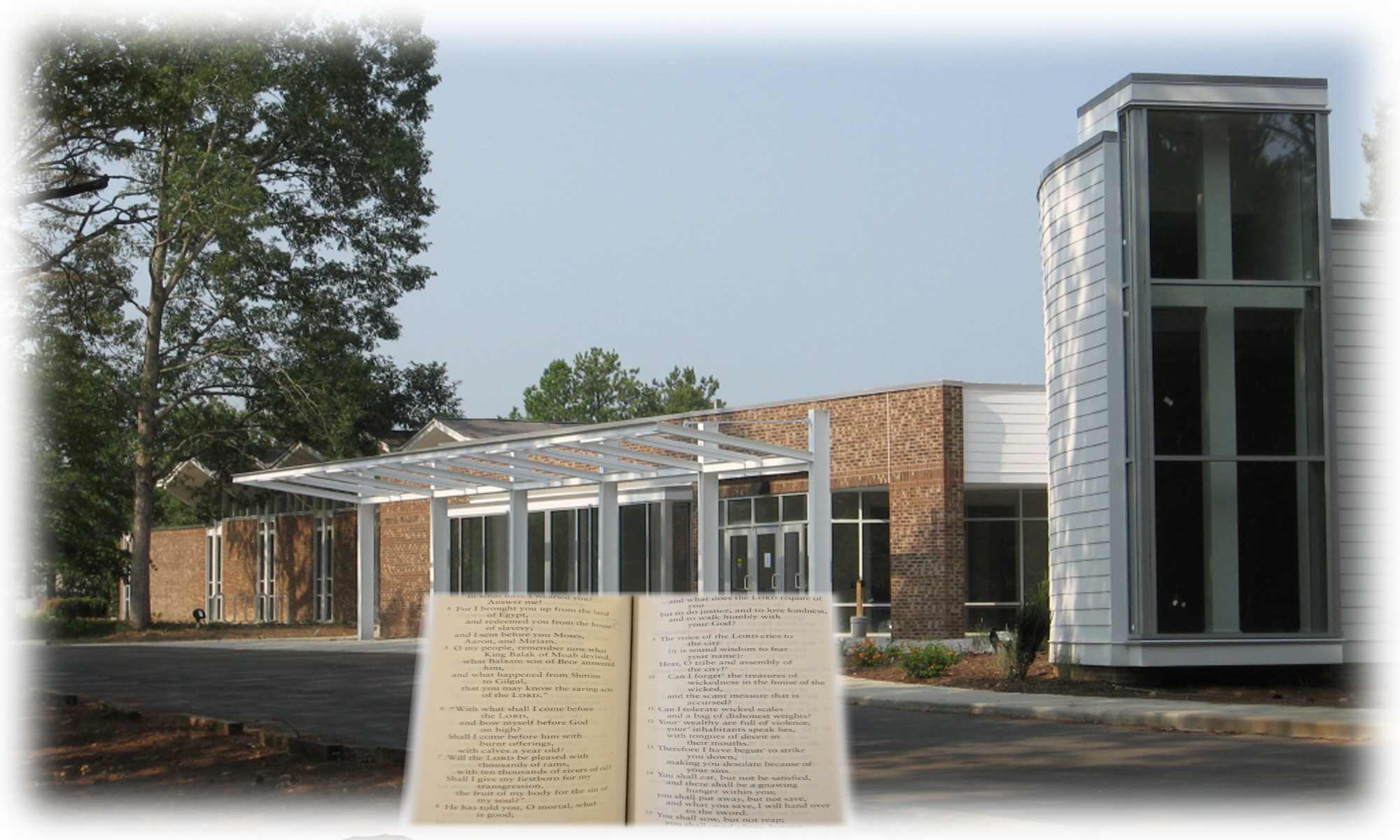Topics for discussion
*Have we lost the meaning of the larger “story” of the Bible and Jesus by over-emphasizing theology and historical analysis?
*What are some of the “macro-stories” of the Old Testament Bible? (The Exodus from Egypt; the destruction of the temple and exile to Babylon in 587 B.C. and return to Israel in 539 B.C. after the Persian conquest; the Priestly purity system embodied in the institution of the temple, priesthood, & sacrifice.)
*What are the “macro stories” of the New Testament? (Jesus birth, His message – ‘believe in me’ or ‘a message of compassion – Jesus’ crucifixion and resurrection)
Borg
Chapter 6: Images of Jesus and Images of the Christian Life
Bible
The Exodus Story
Exodus 1-40
The Babylonia Exile Story
Jeremiah 24:1-12
Priesthood and sacrifice (examples)
1 Kings 6:5 23
Leviticus 4:15:13
The Easter Story
Mark 14-16
Luke 22-24
